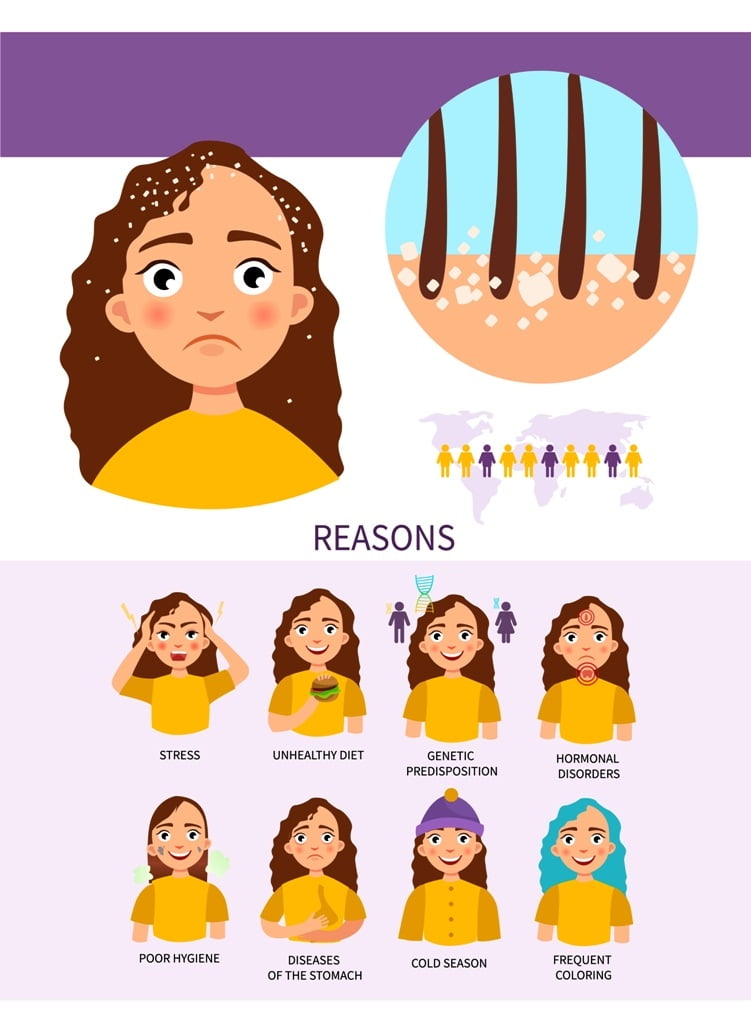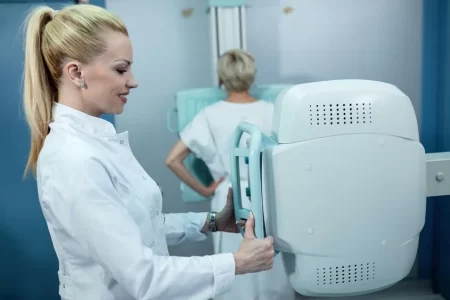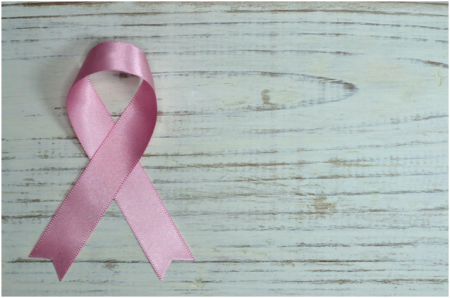Breast cancer is a form of the disease in which breast cells become abnormal and start multiplying abnormally to form a tumor. Breast can is commonly found in women, but it can also develop in males.
Around 5-10 % of cancers are thought to be hereditary, which means these are caused by abnormal genes passed from parents to children. Genes are located in DNA (deoxyribonucleic acid) found in chromosomes. DNA is responsible for protein building, and proteins, which in turn, are responsible for controlling the function and structure of all the cells that make up your body. If there is any change in your DNA, it leads to faulty cell function or growth. If you have an error in any of your genes, the same fault is repeated in all the cells containing that gene.
There are two ways through which a change in your DNA can appear. It might be inherited or those that happen over time. Inherited DNA changes come in an individual from his/ her parents. These are also called germ-line alterations or mutations. If the DNA change happens over the course of a lifetime, due the natural aging process or exposure to chemicals in the environment, it is known as somatic alterations.
DNA changes can be harmless, but sometimes they may cause disease and health conditions and are known as mutation.
Read About What is Breast Cancer
What Are Breast Cancer Genes? What Is the BRCA Gene?
These are the genes whose mutation increases the risk of a woman getting breast cancer. The gene changes or mutation may get inherited by a child from his/her parents or occurs by chance after you are born due to various other reasons such as exposure to radiation or chemicals.
The majority of inherited breast cancer is reported to result from a mutation in the BRCA1 and BRCA2 gene. BRCA is an abbreviated form of Breast Cancer Gene. These are the two genes where a mutation has been found to impact a person’s chances of developing breast cancer. However, you should remember that these genes do not cause breast cancer, although their name might suggest. Every human body contains both the BRCA1 and BRCA2 genes. These genes actually help repair DNA breaks that can lead to cancer and uncontrolled growth of tumors and hence known as tumor suppressor genes. The main function of the BRCA genes is to repair cell damage and regulate the normal growth of breast, ovarian, and other cells. But when a mutation happens in these genes and then passes from parent to children, the genes don’t function normally and consequently increase the risk of breast, ovarian and other cancers.
It is estimated that approximately 12% of women will be diagnosed with breast cancer in her lifetime. However, some women have a higher lifetime risk of the disease because of certain genetic mutations. About 55 – 65% of women with the BRCA1 gene mutation are estimated to develop breast cancer before 70. Also, 45% of women with BRCA2 mutations are estimated to develop breast cancer by 70.
In some women with a mutation in breast cancer genes, it is found that they have a higher-than-average chance of developing second cancer, known as recurrence, even after getting treated.
Cancers related to a mutation in the BRCA1 gene are also more likely to be aggressive and difficult to treat than cancer due to BRCA2 gene mutation.
Read About:
Five Things Patients Experience Immediately After Breast Cancer Diagnosis
Fertility-Related Hormone Linked To Increased Breast Cancer Risk
What Are The Various Other Genes Associated With Breast Cancer?
Apart from BRCA1 and BRCA2, there are various other genes thought to be associated with breast cancer. Mutation in these genes may increase the risk of developing breast cancer. However, these mutated genes do not seem to increase the risk of breast cancer as much of BRCA1 and BRCA2. Below is the breast cancer genes list.
- ATM
- BARD1
- BRIP1
- CDH1
- CHEK2
- MRE11A
- MSH6
- NBN
- PALB2
- PMS2
- PTEN
- RAD50
- RAD51C
- STK11
- TP53







